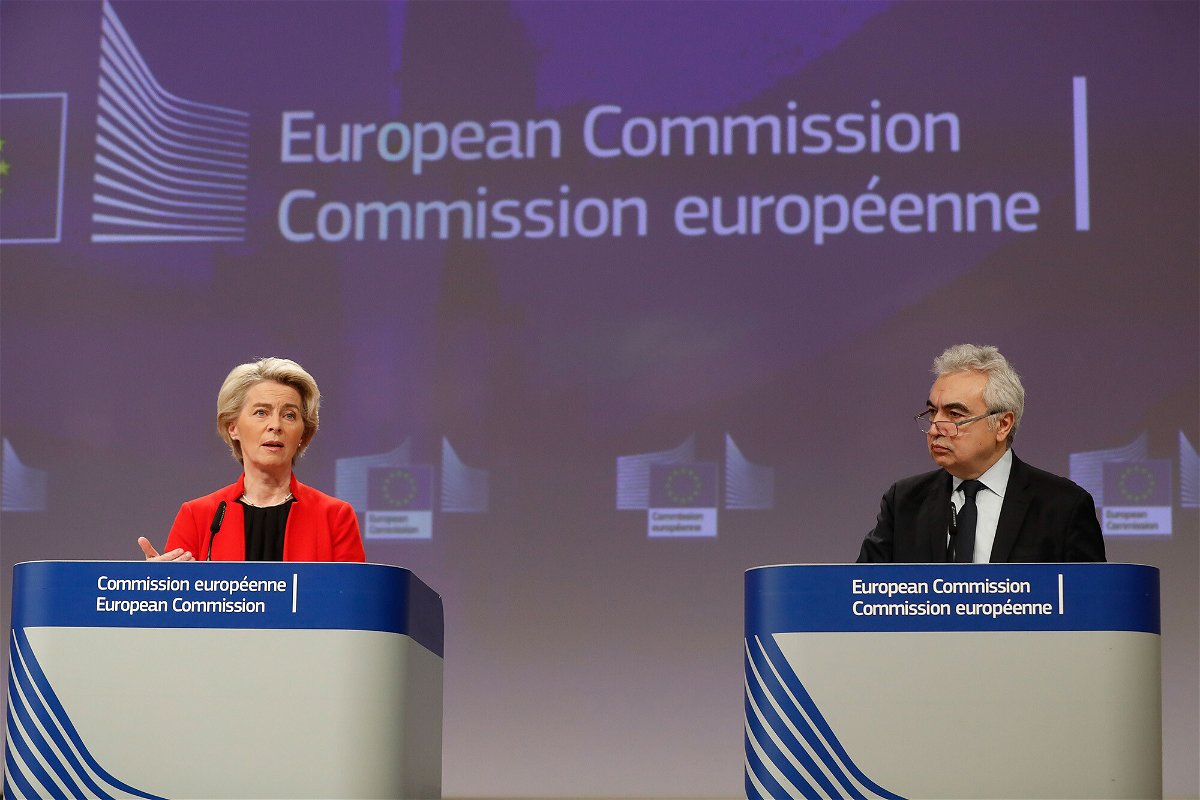Europe will still be fighting an energy crisis in 2023

European Commission President Ursula von der Leyen (L) and the Head of the International Energy Agency Fatih Birol share outlook on EU gas supply in 2023 at the European Commission in Brussels
By Julia Horowitz, CNN
Europe has the energy supplies it needs to make it through the year. But 2023 might be a different story.
That’s the warning issued by International Energy Agency chief Fatih Birol and European Commission President Ursula von der Leyen, who on Monday held a joint press conference to lay out the scale of the challenge.
A new report from the IEA found that Europe could face a natural gas shortage of 27 billion cubic meters in 2023. That’s equivalent to nearly 7% of the region’s annual consumption.
There’s a trio of risks that could lead to the shortfall. Russia, which sent about 60 billion cubic meters of gas to the European Union over the course of 2022, could halt flows entirely next year. Mild temperatures at the beginning of the winter may not last; freezing weather is already gripping Northern Europe. And the market for natural gas could be shaken up if China’s economy gathers speed again as Covid restrictions are lifted.
“We may have a problem,” Birol said.
In its assessment, the IEA found that a supply gap of 57 billion cubic meters could emerge next year.
About 30 billion of that should be covered by European actions “that are already visibly in motion,” the Paris-based group said. That includes aggressive stockpiling and efforts to voluntarily reduce demand for gas by 15% between August 2022 and March 2023.
But that could still leave a deficit. The IEA stress test assumed that Russian pipeline gas flows to Europe stop completely from the start of 2023, that China’s imports of liquified natural gas return to 2021 levels and that Europe’s storage facilities are just 30% full at the end of this winter.
The remaining shortfall could be whittled down if further efforts are made to improve energy efficiency, boost the adoption of renewables, increase use of heat pumps and encourage other changes in behavior, according to the IEA.
The policies it proposes would cost an estimated €100 billion ($106 billion).
The-CNN-Wire
™ & © 2022 Cable News Network, Inc., a Warner Bros. Discovery Company. All rights reserved.